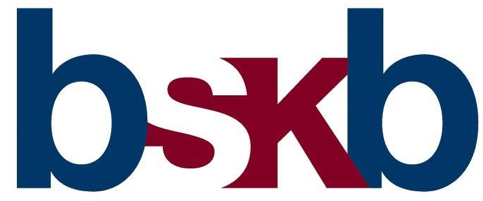Richard Anderson began his career in the intellectual property field in 1992 as a Patent Examiner at the U.S. Patent & Trademark Office (USPTO) before joining BSKB’s electrical practice group in 1996. Mr. Anderson was named Partner in 2001, currently co-chairs BSKB's Electronics & IT group, and primarily represents clients before the USPTO in pre-grant and post-grant proceedings, with particular emphasis on ex parte reexaminations and inter partes reviews involving patents being litigated in U.S. district court. His experience covers a broad range of complex technologies such as digital image processing, wireless communications, hearing aid devices, optical recording media, medical imaging and heating/air-conditioning systems.
Mr. Anderson counsels clients on issues of patentability, infringement, validity, reexamination, licensing and U.S. district court litigation (representative litigation matters including Anthony Brown v. Oregon Scientific, et al., Case No. 2:03-cv-880, United States District Court for the Eastern District of Virginia; Fujinon Corp. v. Samsung Telecommunications America LP et al., Case No. 1:06-cv-00332, U.S. District Court for the District of Delaware; Vivatone Hearing Systems, LLC. v. GN Resound A/S et al., Case No. 3:09-cv-01227, U.S. District Court for the District of Connecticut; Sound Design Technologies, Ltd. v. Oticon, Inc., Case No. 2:11-cv-01375, U.S. District Court for the District of Arizona; Northrop Grumman Systems Corporation v. Siemens Audiologische Technik GMBH et al., Case No. 2:10-cv-03120, U.S. District Court for the Central District of California; Adaptive Sonics LLC v. Sonic Innovations, Inc., Case No. 2:12-cv-00032, U.S. District Court for the Eastern District of Texas).
Mr. Anderson has lectured extensively in the U.S., Europe and Japan on strategies best practices for U.S. patent protection.

